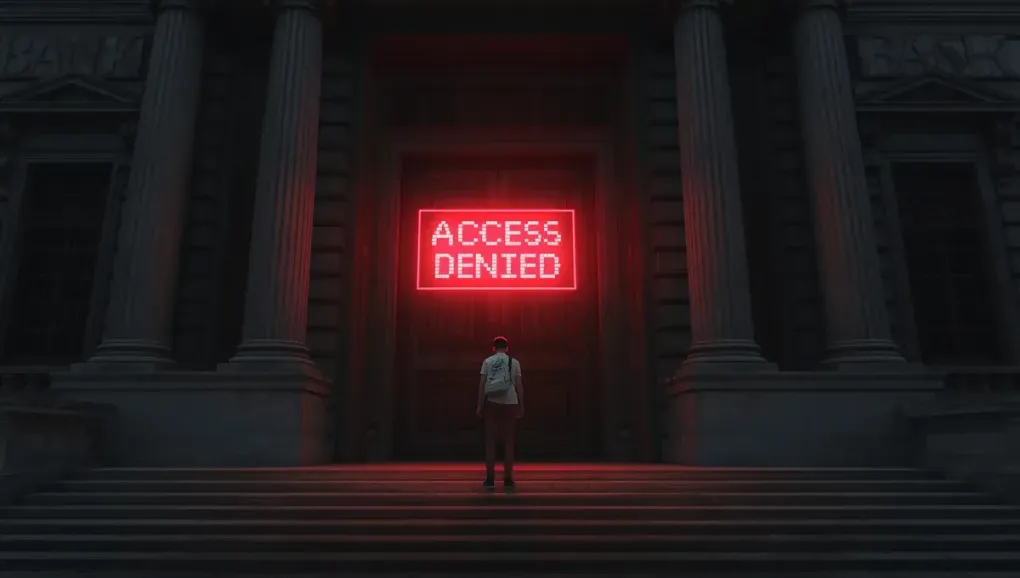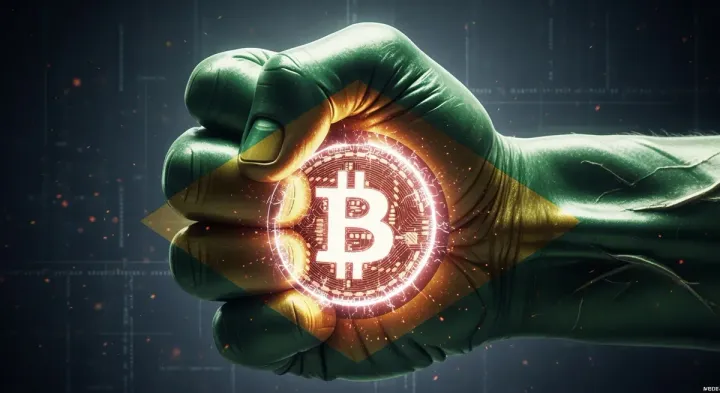
The Silent Exclusion: Debanking's Threat to Freedom and Innovation
In the intricate web of modern finance, access to banking services is not merely a convenience; it is the lifeblood of individuals and businesses alike. Yet, a growing and insidious phenomenon known as “debanking” is threatening this fundamental access, raising profound questions about financial inclusion, economic freedom, and even the very tenets of free speech. In 2025, this practice, where financial institutions deny or withdraw services, often without clear justification, has become a critical flashpoint, exposing the immense power wielded by banks and the potential for its misuse.
This isn’t just about a bank closing an account; it’s about the chilling effect on innovation, the stifling of dissenting voices, and the creation of a two-tiered financial system where participation is granted based on adherence to unspoken, often politically charged, criteria.
The Shifting Sands of Risk: Why Banks Debank
The reasons behind debanking are multifaceted, often cloaked in the legitimate need for risk management. Anti-money laundering (AML) and counter-terrorism financing (CTF) regulations have become increasingly stringent, pushing banks to de-risk by cutting ties with sectors perceived as high-risk, such as cryptocurrency, adult entertainment, or even certain non-profit organizations. However, the line between genuine risk and perceived “reputational risk” has become dangerously blurred.
As highlighted by articles from OneSafe and Reframed.it, banks often cite reputational concerns to justify denying services to controversial or politically sensitive entities. This can extend to gun dealers, politically active groups, or emerging industries with uncertain regulatory frameworks. The U.S. Small Business Administration (SBA) recently noted that under previous administrations, financial institutions were pressured to “weaponize the banking system” against those who didn’t align with certain ideologies, leading to the debanking of Christian, pro-life, and Second Amendment organizations.
The Chilling Effect: Free Speech and Economic Freedom Under Threat
The implications of debanking stretch far beyond financial inconvenience. For individuals and businesses, losing banking access can be catastrophic, effectively exiling them from the mainstream economy. This financial exclusion disproportionately impacts alternative businesses, particularly in the burgeoning cryptocurrency sector, which often struggle to secure basic banking services.
More alarmingly, debanking can be perceived as a form of economic censorship. When financial institutions, often influenced by external pressures, decide who gets to participate in the economy based on their beliefs or lawful activities, it directly impinges on freedom of expression. The ability to transact, to operate a business, and to engage in commerce becomes contingent on conforming to an unwritten code, rather than simply adhering to the law. This creates a chilling effect, where individuals and organizations may self-censor or avoid certain activities for fear of losing their financial lifeline.
A Regulatory Reckoning: Pushing Back Against Politicized Debanking
The growing outcry against politicized debanking has prompted significant regulatory responses. In August 2025, President Donald J. Trump signed Executive Order 14331, “Guaranteeing Fair Banking for All Americans.” This landmark order aims to combat politicized or unlawful debanking by directing federal banking regulators to identify and take action against financial institutions that deny services based on political or religious beliefs, or lawful business activities disfavored for political reasons.
This Executive Order, along with legislative efforts like the proposed “Fair Access to Banking Act” in the US, signals a concerted effort to restore fair access to financial services. It mandates that banking decisions must be based on “individualized, objective, and risk-based analyses,” rather than subjective or ideological grounds. Banks are now required to review their policies and reinstate clients who were wrongfully debanked, with reports due to the SBA by early 2026.
The Path Forward: Balancing Risk and Rights
The debate surrounding debanking is complex, pitting the legitimate need for financial institutions to manage risk against the fundamental right of individuals and businesses to access essential services. While banks must protect themselves from illicit activities, the arbitrary or politically motivated denial of services undermines the very principles of a free and open economy.
Moving forward, a balanced approach is crucial. This requires:
- Clearer Regulatory Guidelines: Defining what constitutes legitimate risk versus ideological exclusion is paramount to prevent arbitrary debanking.
- Enhanced Transparency: Banks should be required to provide clear, detailed justifications for denying or terminating services, allowing for due process and appeal.
- Technological Solutions: Exploring decentralized financial services and specialized banking solutions for underserved sectors can provide alternative avenues for those excluded from traditional banking.
- Vigilant Oversight: Continuous monitoring by regulatory bodies is essential to ensure compliance with fair access principles and to prevent the weaponization of financial services.
The rise of debanking is a stark reminder that our digital and financial infrastructures are not neutral. They are powerful systems that can be used to enable or restrict freedom. The challenge for 2025 and beyond is to ensure that these systems serve all law-abiding citizens, fostering innovation and protecting fundamental rights, rather than becoming tools of silent exclusion.


